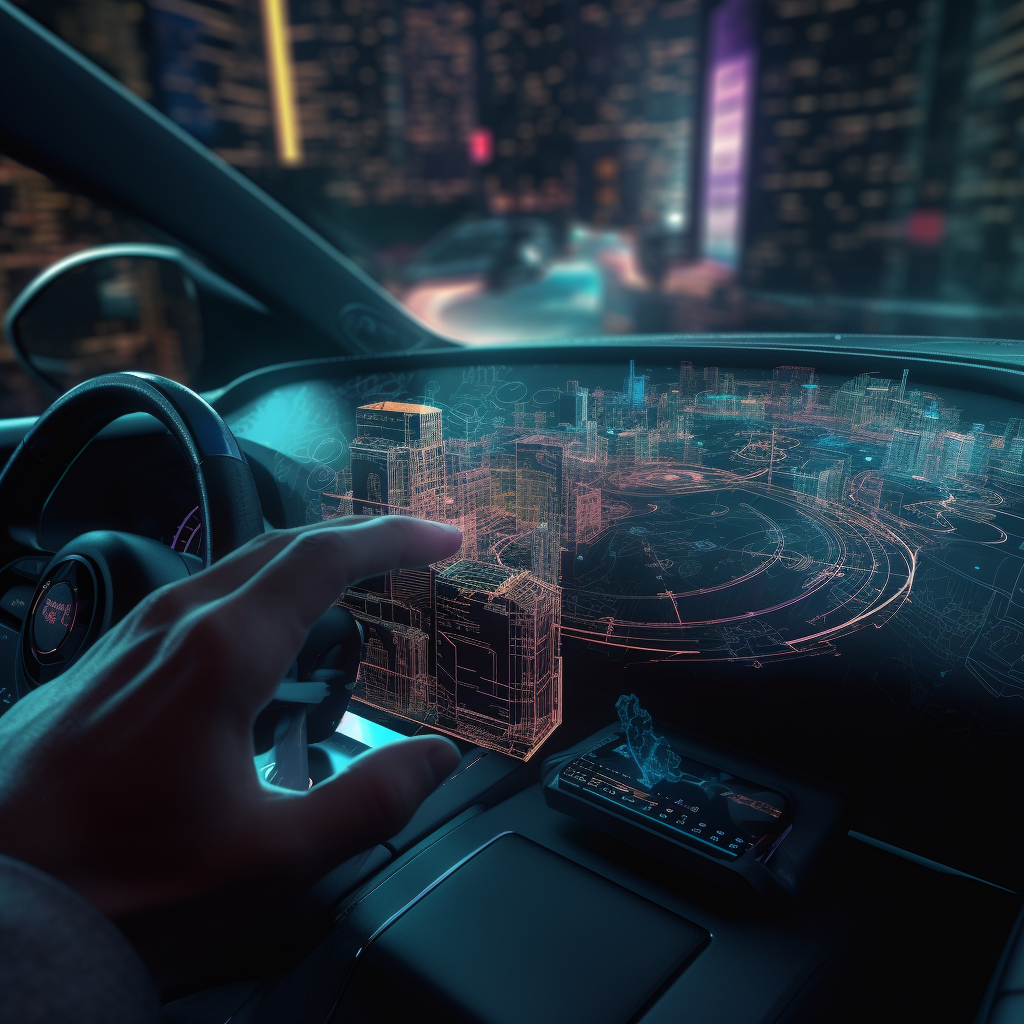December 3, 2023
Revolutionizing Transportation – The Impact of Artificial Intelligence on Modern Traffic Management Systems
Book a Demo
As transportation systems continue to grow and evolve, traffic management has become increasingly important in ensuring smooth traffic flow, reducing congestion, and maintaining safety for all road users. Advancements in technology, particularly artificial intelligence (AI), have led to the evolution of traffic management systems and the incorporation of innovative solutions such as Active Traffic Management (ATM) and AI-based video analytics.
Effective traffic management is essential for organizing, guiding, and controlling traffic systems, including stationary and moving traffic, traffic lights, physical infrastructure, pedestrians, and cyclists. By managing these components efficiently, we can improve overall road safety, reduce congestion, and create a more sustainable transportation system. Historically, traffic management relied on manual monitoring and control, which often led to inefficient and reactive solutions. However, with the introduction of smart technologies like AI-based video analytics, traffic management has undergone significant changes, resulting in innovative approaches like ATM, which enables dynamic traffic management based on real-time traffic conditions.
ATM is a modern, data-driven method for managing traffic flow. By utilizing advanced technologies and sensors, traffic operators can monitor and analyze traffic data in real-time, allowing them to take appropriate measures to optimize traffic flow and reduce congestion. This proactive approach leads to a more efficient and safer transportation system. Artificial intelligence has played a significant role in transforming traffic management systems, particularly in the development of AI-based video analytics. These technologies enable the automatic analysis of essential traffic data, such as vehicle counts, speed, and incidents, by leveraging machine learning algorithms and computer vision techniques. With this information, traffic operators can make informed decisions to improve traffic flow and enhance road safety.
Moreover, AI-based systems can assist in predicting traffic patterns, optimizing traffic signal timings, and identifying potential traffic hazards, all contributing to more effective traffic management. As AI continues to advance, we can expect further improvements in traffic management systems, including potential future developments such as autonomous vehicles, smart infrastructure, predictive traffic management, and enhanced public transportation.
With the rise of self-driving cars, AI-driven traffic management systems will need to adapt and integrate these vehicles into existing transportation infrastructure. This could lead to more efficient and safer roads, as autonomous vehicles communicate with traffic management systems to optimize traffic flow. AI-based systems could be incorporated into the physical infrastructure of our roads, such as traffic lights and road signs, providing real-time data and communicating with vehicles. This would enable traffic management systems to make more informed decisions and respond to changing traffic conditions more effectively. AI-driven traffic management systems could leverage historical and real-time data to predict future traffic patterns, allowing for proactive measures to prevent congestion and enhance road safety. Additionally, AI could be used to optimize public transportation systems, such as buses and trains, by analyzing passenger data and adjusting routes and schedules accordingly, resulting in a more efficient public transportation system and reduced traffic congestion.
In conclusion, embracing artificial intelligence in modern traffic management is crucial for maintaining efficient and safe transportation systems. Incorporating cutting-edge technologies like Active Traffic Management and AI-based video analytics has allowed traffic management to become more dynamic and effective. As AI continues to advance and innovate, traffic management systems will only become more efficient, ensuring smoother traffic flow and increased safety for all road users.



